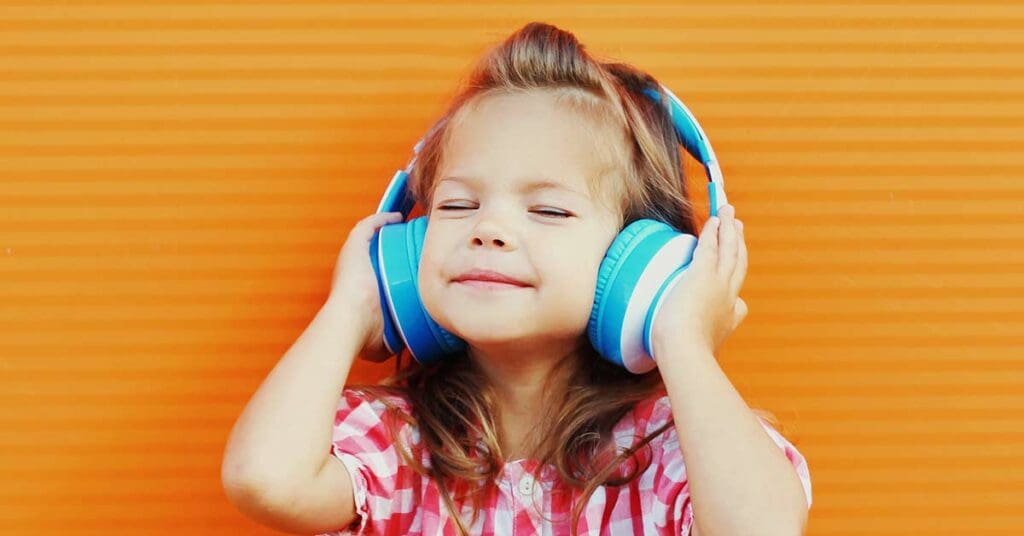
Untreated hearing loss in children can have devastating consequences including:
- Speech and language delay
- Reading difficulties
- Poor academic performance
- Behavioural problems
- Impaired social development
- Reduced vocational potential
Hearing Healthcare
Brampton Audiology can help minimize these risks by offering assessments for all age groups to determine whether medical referral, monitoring, and/or other treatments, including the prescription of hearing aids, are appropriate.
Your child’s hearing… does your child…
0-3 Months
- Startle, cry, or wake to loud sounds.
- Move the head, eyes, arms, and legs in response to a noise or voice.
- Smile when spoken to (or calm down)
- Appear to listen to sounds and talk.
4-6 Months
- Respond to changes in your tone of voice.
- Look around for where new sounds are coming fr
- Respond to music.
7 months to a year
- Turn or look up when her/his name is called.
- Respond to the word “no”
- Listen when spoken to.
- Know common words like “cup”, “shoe”, “mom”
- Respond to requests such as “want more”, or “come here”.
1-2 years of age
- Turn toward you when you call his/her name from behind..
- Follow simple commands
- Try to “talk” by pointing, reaching and making noises.
- Recognize sounds like a closing door or a ringing phone
2-3 years of age
- Listen to a simple story.
- Follow two requests, eg. “get the ball and put it on the table
3-4 years of age
- Hear you when you call from another room.
- Listen to the television at the same loudness as the rest of the family.
- Answer simple questions.
4-5 years of age
- Pay attention to a story and answer simple questions.
- Hear and understand most of what is said at home and school (do family, teachers, sitters, and others think he/she hears fine?).
Click here for information on CAP testing…
Follow our blog for hearing healthcare articles…

